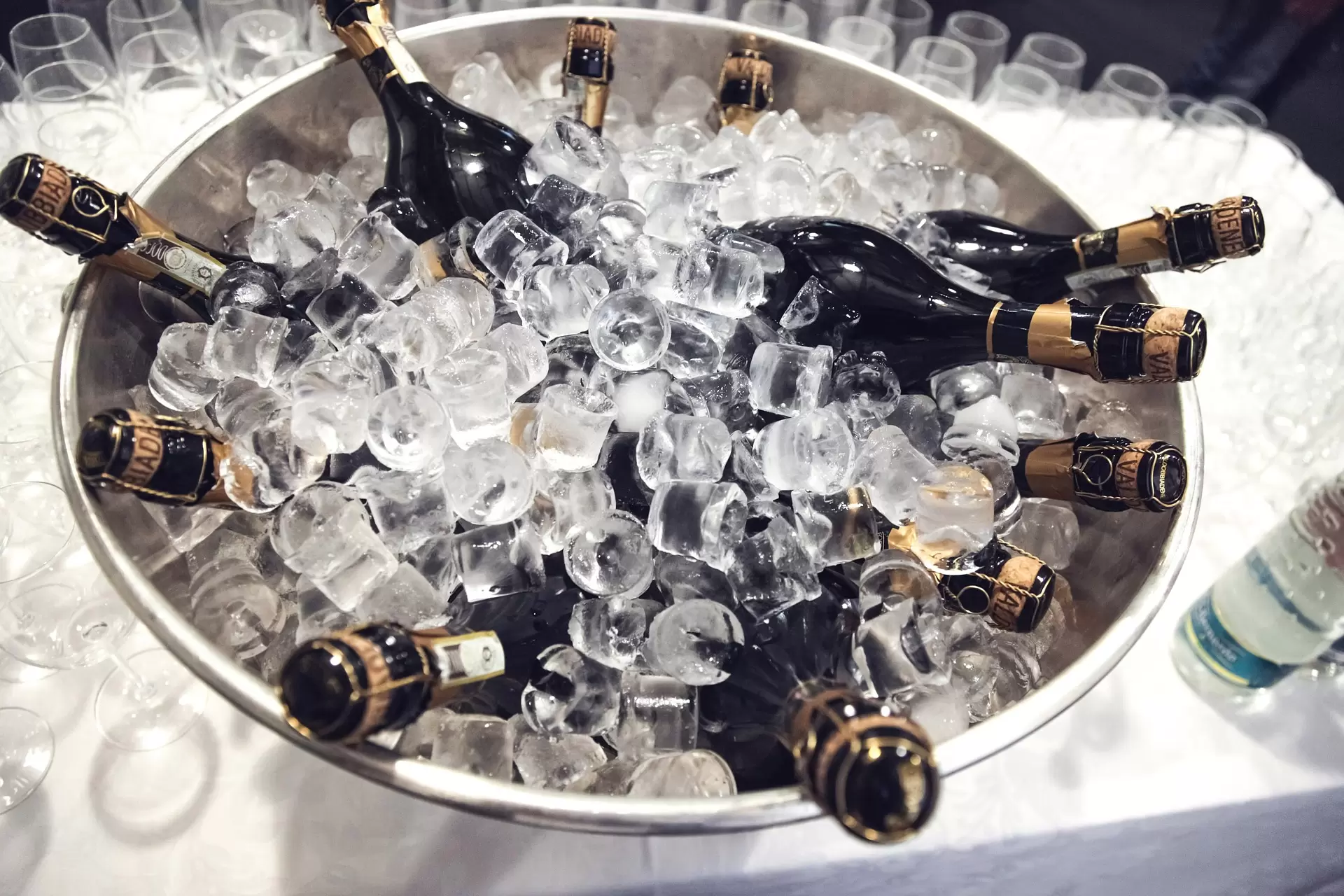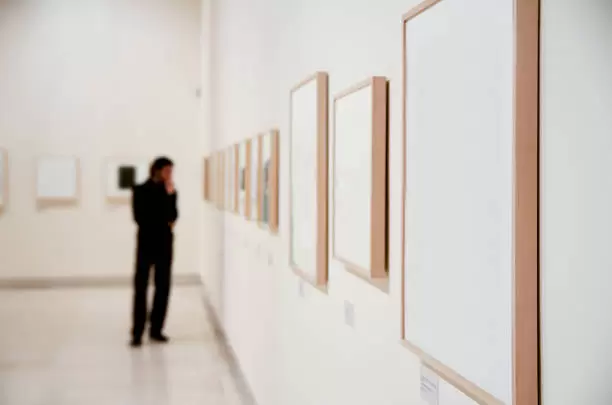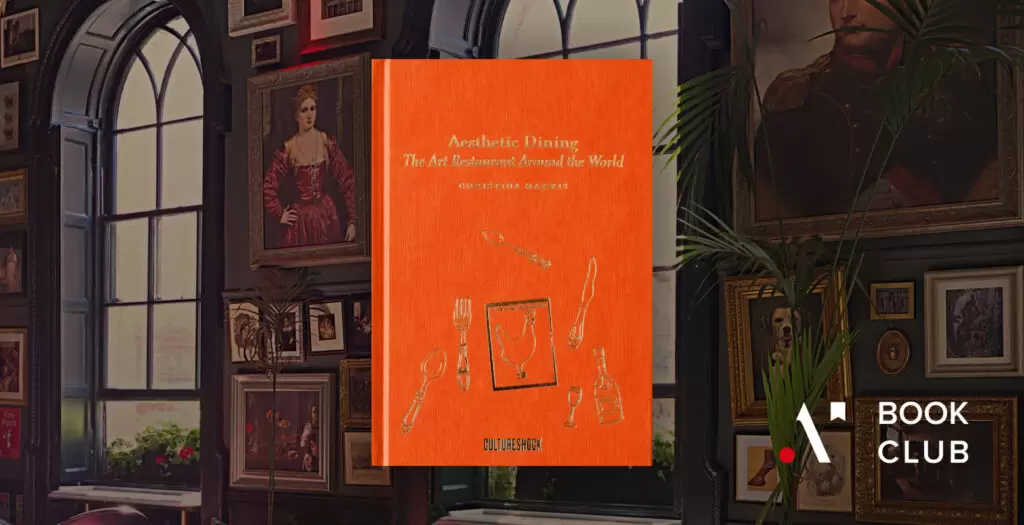Survival Tips 101: Navigating Art Fairs
Fair season is back at our doors, just like our pumpkin spice latte. Therefore, this week we’re giving you the top tips to navigate art fairs and make the most of your journey from following wayfinding, suggested footwear, and planning your routes.


Featured image: Art Toronto, 2016
You have successfully made your way through the queue and opening doors, prayed you tipped the coat check enough to not appear ungrateful, ascended through the stairs and/or dramatic carpeted entryway, and have already unintentionally locked eyes with a collector. Senses are running high, taking in all of the bright lights, the gentle roar of the crowd making deals and lending critiques, feeling slightly lightheaded with the smell of designer perfumes, and wait, is that a food truck? Inside?
Never fear! This week, we’re providing some key survival tips when trying to navigate art fairs to help you temper some of those anxieties entering the belly of the beast.
As the summer is winding down, the art world is already deep into fall season programming prep. Art fairs are a main attraction in the cyclical art world calendar and the fall season presents a flurry of opportunities to dip your toe into the deep waters of the fair circuit.

Booth sizes at the Frieze London Art Fair 2012
Literally Navigating
Fair maps/ layouts are your friend! When you’re deep in the maze of booths, wayfinding signs can only help you so far, so do hang onto that map you were given at the start of your journey. More than simply providing a footprint of the gallery locations and program times, these maps provide a helpful guide post-fair to make notes and return to galleries at a later time. Make notes of some of your favourite booths to visit as well to help strategize a path through the fair. This can ensure you get to see priority dealers, artists and project spaces while also leaving time to explore new booths. Pro tip: make note of washroom locations as well!
Keeping an Open Mind
Oftentimes, guests to art fairs will have a hit list of booths to see and art world players to speak with. However, it is important to also keep an open mind when visiting an art fair. Particularly if you happen to be visiting a new city, many times galleries, artists, artworks and speakers will surprise you with their fresh perspectives. Especially with regional art fairs, it is refreshing to be able to come into a fair with an openness to learn and explore a new art ecosystem. You can uncover newer artists, practices, dialogues, and perspectives that can help enrich your understanding and taste in art.
Try to also form your own opinions about works, artists and curatorial approaches experienced in the fair without having others cloud your judgment. Much like visiting museums and avoiding reading reviews ahead of a blockbuster show, try to block out the white noise until you experience it for yourself. Later in conversations, this will lend to much more genuine perspectives.
Pace Yourself
Do take your time visiting the fair. If your ticket allows for reentry on another day, take advantage of that and take your time with your visit to ensure that you see all of the booths and experience the programming. If a dealer of interest is in the midst of finalizing a sale, circle back and try again when they’re free. One of the bigger regrets of going to a fair is realizing you missed out on seeing works that would have been of interest! Particularly when there are scheduled panels, discussions and speciality lectures of interest, make sure to prioritize these timed events of interest to allow for a comfortable tour through the fair without the pressure of seeing all of the booths before the day’s end.

London Art Fair, Business Design Centre, 2022
Outfitting
Let’s call it, “Agile Fashion”. Generally speaking, have fun and take wardrobe risks if that’s your style! Fairs are a great opportunity to express yourself through style and make an impression. One of the main takeaways from years of fair experiences is comfortable shoes. Louboutin’s look great for the VIP opening night, however, once you’re deep into the fair schedule, those 5 inch beauties will be telling your feet a different story. Comfortable footwear is a sometimes overlooked but fundamental survival tip of attending art fairs. Fair venues are typically in more commercially built exhibition spaces with concrete flooring and although carpet can provide some light cushion, the flooring will take a toll. Do yourself a favour to make the most of your visit and make sure that you can last on your feet for the duration of your visit and not spiral into miserable achy exhaustion. Think funky plimsolls and fashion sneakers for best results. In conversation with dealers, they will tell you first hand of their pre and post fair stretching routines to endure the long fair days and nights. Art: it’s a sport!

Food and Beverage
There seems to be two camps of thought when looking at food and drink at the fair. One side favours an external fuel up before the fair to avoid the higher prices of this season’s deconstructed plated phenomenon inside the fair walls, and the other relishes the experience of sipping bubbly and having a taste of the fairs food offerings. Many fairs build in fun pop up restaurants, VIP lounges, champagne and oyster bars, and other respites to allow for a fair palette cleanser. These respective areas are also great opportunities to chat with colleagues and make new connections while taking a rest before jumping back into the waters. Whichever you choose, you may be in the fair for the long haul, so do make considerations to make the most of your experience. N.B. pace your glasses of champagne as well! The absolute last thing you want is to unintentionally offend a dealer or artist after having one too many!

Final Takeaways
Partake in programming events of interest. Whether they be panel discussions, offsite happenings or satellite fairs in the surrounding area, these activities give a holistic experience to the fair and can offer rare opportunities to hear first hand from industry experts. They also can provide new insights and understandings that can be carried into your future projects and conversations. Some of the most interesting and contemplative experiences can happen outside of the main fair site and provide new talking points to bring up in dialogue with colleagues and clients. Don’t forget your business cards for those post-panel chats as well!
Try your hand at buying art. The more you attend fairs, the more familiar artists and dealers will become and your understanding of the market will take shape. Oftentimes, artists will create a body of work for the fair period and can offer an opportunity to learn more about the artist’s progression and get in on the ground floor. Prints, multiples, open editions, and interactive pieces also provide a nice segue into higher value purchases in the future if purchasing is not within reach at the moment. Many fairs also offer supplementary art book fairs and more casual booths for editions, zines, and experimental pieces which are a fun alternative to look for.
Make sure your phone is charged and take lots of photos including prices for future reference. Especially when going to future functions or working on projects with clients, these will be handy guides and will help your dialogue with galleries in the future.
There are many other circumstances to run into during the course of an art fair, however these few tips will help comfortably guide you through the experience. Fairs can be an overwhelming experience, and fair exhaustion is certainly a thing. Taking in so much in a short amount of time while trying to interact with key people of interest, attending programming events, trying to stay hydrated and monitoring trends in real time is an undertaking, but is also a fun experience. Enjoy your time and remember that there is always another fair if FOMO starts to set in.





